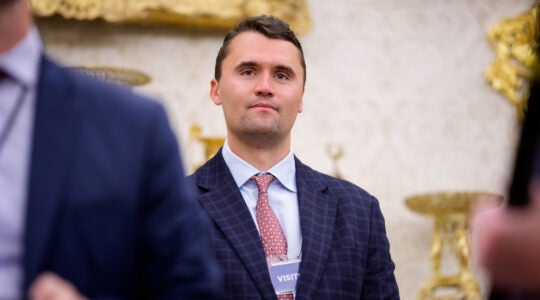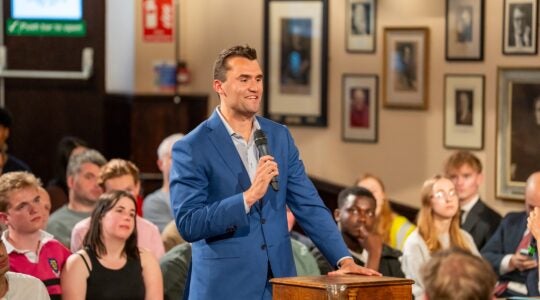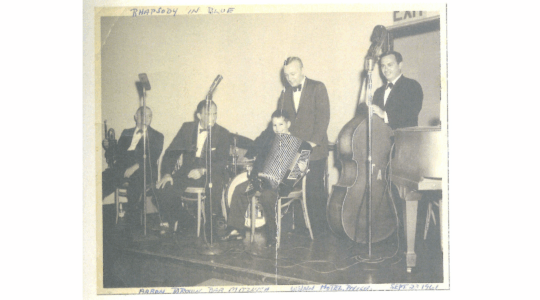NEW YORK (JTA) – The New York State Education Department appointed a panel to study the operations of the haredi Orthodox-controlled school board in the East Ramapo school district.
The board in the district, located in New York’s suburban Rockland County, has stirred controversy and local ire for its decisions over the years to significantly cut public school budgets while expanding services that benefit the area’s large haredi Orthodox Jewish population, such as busing to yeshivas and special education for yeshiva students with disabilities. In addition, at least two district schools have been shuttered and their facilities sold to yeshivas.
The three-expert panel, to be led by former New York City Schools Chancellor Dennis Walcott, will study the district’s operations and offer recommendations to the school board and the Board of Regents. It will not, however, have the power to override decisions by the school board.
READ: In Rockland County, non-Orthodox try to create alternative to Hasidic dominance
Last fall, a former federal prosecutor appointed by the state to investigate the school board, Henry Greenberg, determined that the board had diverted money from the district’s public schools to yeshiva children and recommended the appointment of a state fiscal monitor with the power to override school board decisions. But a bill to appoint such a monitor failed to pass the State Senate.
State Education Commissioner MaryEllen Elia told The New York Times that she hoped the board would be amenable to the new panel’s recommendations.
“This is less of a powerful position for the team, but in the circumstances where we don’t have collaboration with the district, there will be action taken,” Elia said.
For example, the commissioner has the power to remove members of the school board and to order it to comply with state regulations, she told the newspaper.
East Ramapo’s public schools serve about 8,000 students, most of them black or Latino, while about 24,000 children in the district attend yeshivas, according to the Times.
JTA has documented Jewish history in real-time for over a century. Keep our journalism strong by joining us in supporting independent, award-winning reporting.





